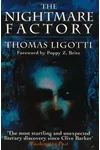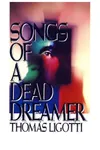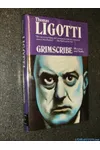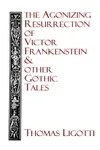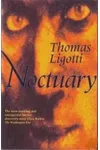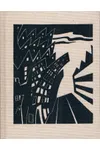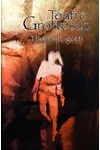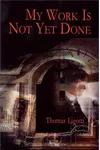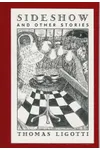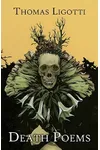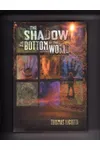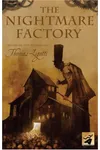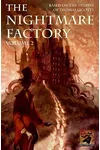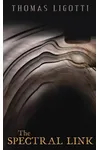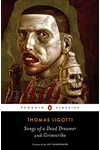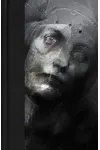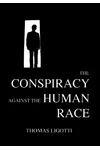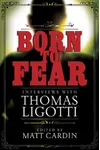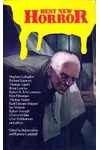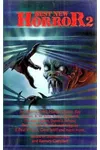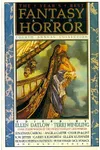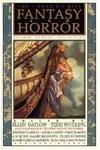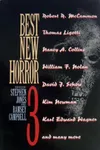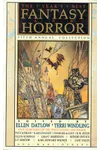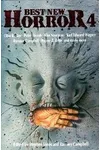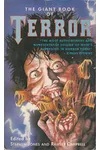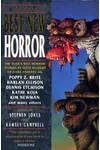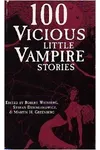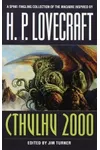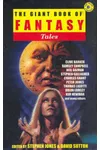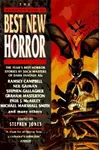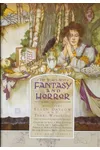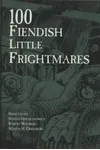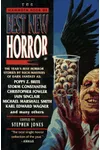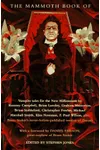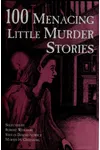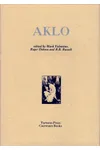Picture an American storyteller who weaves nightmares so subtle they creep under your skin—meet Thomas Ligotti! Born in 1953, Ligotti is a master of philosophical horror and weird fiction, crafting tales that blend cosmic dread with a nihilistic worldview. His haunting prose has earned him a cult following and praise as one of horror’s best-kept secrets.
Unlike splashy gore-fests, Ligotti’s stories unravel the psyche, inviting readers to face the unsettling indifference of existence. Ready to explore his shadowy world? Let’s dive into the life, works, and legacy of this reclusive genius.
The Making of Thomas Ligotti
Born on July 9, 1953, in Detroit, Michigan, Thomas Ligotti grew up in Buffalo, New York, with a fascination for the macabre. Influenced by H.P. Lovecraft’s cosmic horror and Edgar Allan Poe’s gothic tales, he pursued an English degree at the University of Buffalo. Personal struggles with chronic anxiety and anhedonia shaped his bleak outlook, which later permeated his writing. In the early 1980s, Ligotti began publishing short stories in small press magazines, laying the foundation for his unique voice in horror.
Thomas Ligotti’s Unforgettable Stories
Ligotti’s works are not your typical horror. His stories, often short tales or novellas, prioritize atmosphere over explicit violence, creating a disquieting sense of dread. His debut collection, Songs of a Dead Dreamer (1986), introduced his signature style—dense, poetic prose infused with philosophical pessimism. Standout stories like “The Frolic” explore the minds of disturbed characters with chilling subtlety.
Grimscribe: His Lives and Works (1991) deepened Ligotti’s cosmic horror, with tales like “The Sect of the Idiot” nodding to Lovecraft’s Cthulhu Mythos. His non-fiction work, The Conspiracy Against the Human Race (2010), lays bare his antinatalist philosophy, arguing that consciousness is a tragic flaw. Teatro Grottesco (2007) showcases surreal narratives, like the titular story, where artists confront a malevolent force. Ligotti’s style, influenced by philosophers like Schopenhauer and writers like Bruno Schulz, is dense yet mesmerizing, perfect for readers who savor intellectual terror.
Why Thomas Ligotti Matters
Ligotti’s influence stretches far beyond his cult status. His philosophical horror inspired the first season of HBO’s True Detective, with Rust Cohle’s pessimistic monologues echoing The Conspiracy Against the Human Race. Writers like Matt Cardin and the New Weird movement owe a debt to his blend of surrealism and existential dread. In 2015, Penguin Classics republished Songs of a Dead Dreamer and Grimscribe, cementing his place in the literary canon alongside giants like Poe and Kafka.
Despite his reclusive nature, Ligotti’s work challenges readers to confront uncomfortable truths about existence. His unflinching vision has made him a beacon for those drawn to the darker corners of literature, proving that horror can be both profound and transformative.
- Born: July 9, 1953, Detroit, Michigan
- Key Works: Songs of a Dead Dreamer, Grimscribe, Teatro Grottesco, The Conspiracy Against the Human Race
- Awards: Bram Stoker Award for The Nightmare Factory (1996)
Snag Songs of a Dead Dreamer and dive into Thomas Ligotti’s haunting world of philosophical horror! Let his eerie tales keep you up at night, pondering the mysteries of existence.
